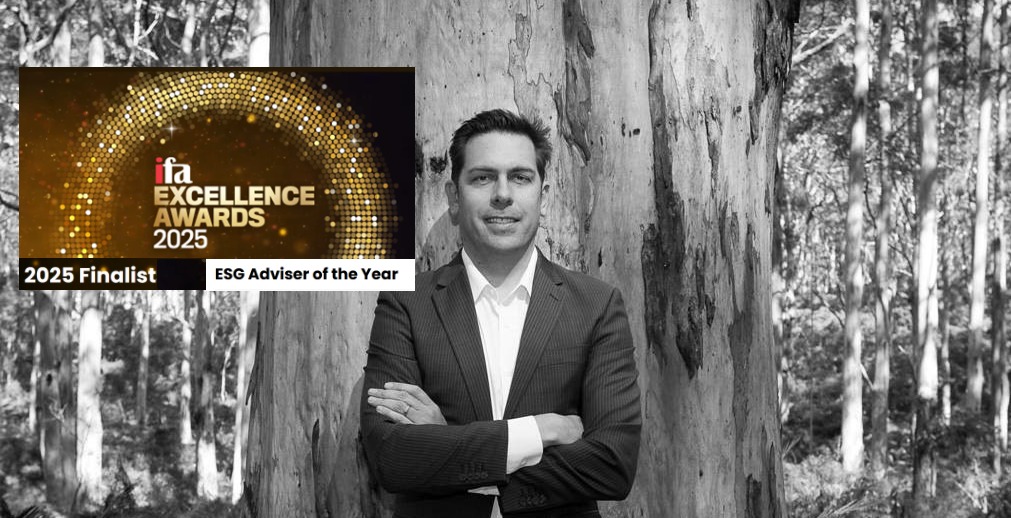Choosing a Financial Planner/ Adviser is an important personal matter. With conflicting information constantly in the media, consumers are confused about where to look. Your Bank? They only offer the Bank’s products. Your ‘not for profit’ Super fund? Their constant advertising is paid for from members’ funds, and they also are probably limited to discussing their own fund. Do your own research about the type of adviser you’d like to deal with before you decide.
Questions to ask a financial adviser
Here are some questions you can ask financial advisers with some comments about what to listen for – taken from the Government website MoneySmart http://www.moneysmart.gov.au/ .
Professional experience
Q: How long have you been giving financial advice?
Listen for: The more experience the better. You would hope they have more than 5 years experience.
Q: What type of clients do you mostly see? What are most of your clients trying to achieve?
Listen for: It’s helpful if the adviser deals with people in a similar situation to you, for example, young families, retirees or small businesses, as they will have experience in the type of advice you are looking for.
Q: What products do you advise on? What about the products I currently have?
Listen for: Is their product range restricted to a certain type of product or is it limited to products from a small number of product providers? This can be important for super as you want to make sure your adviser can advise on your own super fund if you want or need to keep it. Can they provide advice in relation to your current super fund or managed fund for example, even if it is not on their approved product list?
Puts client’s needs first
Q: What information will you need to be able to provide me with financial advice?
Listen for: Lots of questions about your circumstances and needs. You don’t want them to just bamboozle you with lots of product information and not ask about you. In order to give you good financial advice, an adviser should ask about your income and expenses, what you own and what you owe, your dependents and your financial goals, both short and long term. They should discuss your insurance needs and things such as estate planning or business succession planning if these topics are relevant to you.
Q: How do you deal with a client who has a few different financial objectives?
Listen for: Will help you prioritise your financial objectives, explain and discuss choices with you and develop a strategy to achieve all your objectives. They should tell you if there will be difficulties in reaching any of your financial goals.
Qualifications
Q: What qualifications do you have? How long did it take to gain the qualifications?
Listen for: Qualifications in finance, economics, accounting or financial planning. A diploma or degree qualification in one of these disciplines is desirable. As a general guide, the longer a course of study the more comprehensive the course content. Also look for professional designations such as ‘Certified Financial Planner’.
Reasonable fees
Q: How are you paid – via fees or commissions? How much is your advice likely to cost?
Listen for: Fee-for-service model for charging clients – this means charging a set amount for a specific piece of work. A ‘flat dollar’ fee is preferred over a ‘percentage of assets’ fee as you will know exactly what you are paying. Clear explanation of how much the adviser expects to receive, now and in future years (regular ongoing costs).
Q: If they charge ongoing fees, what will I get for these fees?
Listen for: Regular reviews of your circumstances and investment portfolio. Re-balancing of your investment portfolio if necessary. If you are paying ongoing fees you should expect to have reasonable access to your adviser when you need questions answered or want to discuss a financial issue with them.
Professional standards
Q: How do you keep up to date with changes that might affect your clients?
Listen for: Attends courses or seminars run by universities or registered training organisations. Is required to obtain a minimum amount of Continuing Professional Development (CPD) points each year. Is a member of an industry organisation such as: Financial Planning Association of Australia (FPA), Association of Financial Advisers (AFA), Certified Practising Accountants (CPA), Institute of Chartered Accountants Australia (ICAA) or Financial Services Institute of Australasia (FINSIA).
Ask our questions of several financial advisers. Then use our ‘listening points’ to compare how they rate for experience, professionalism, cost and willingness to put your interests first. Then you’ll be able to choose the right planner for you.





